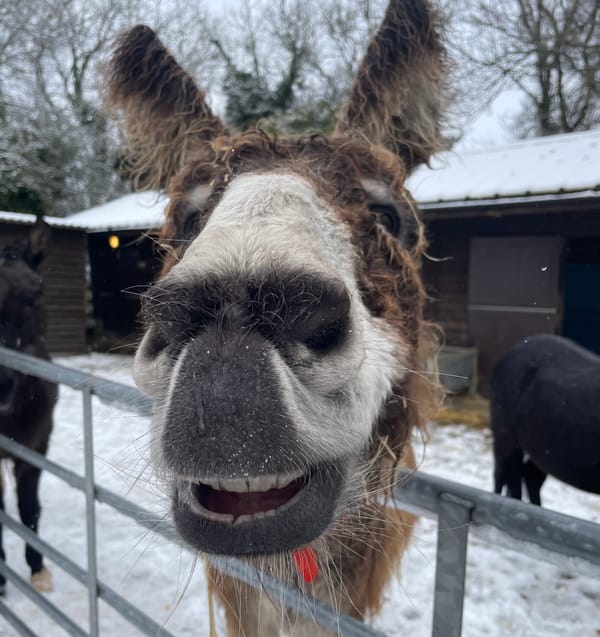Puffin population declared ‘stable’ on the Farne Islands as results of first full count for five years are confirmed

By Jill Dando News
The Farne Islands, off the coast of Northumberland, have seen a 15% increase in puffin numbers, with the population declared 'stable' after the first full count since 2019.
The islands are home to approximately 200,000 seabirds, including puffins, Arctic terns, and kittiwakes.
The count was delayed due to the coronavirus pandemic and the impacts of bird flu in 2022 and 2023. In 2024, the National Trust ranger team estimated around 50,000 breeding pairs of puffins, up from nearly 44,000 in 2019.
Sophia Jackson, National Trust Area Ranger, expressed relief at the positive news, noting that puffins' 'self-isolating' behaviors may have helped them weather the bird flu outbreak.
Puffins lay eggs in burrows and return to the same nest each year, which may have contributed to their resilience.
The rangers conduct the count by observing burrows for signs of activity, such as birds returning with fish or fresh digging around the entrance. Weather conditions during the breeding season were favorable this year, avoiding storms that could have impacted the puffins' ability to fish for sandeels.

An interesting finding was the variance in puffin numbers across the islands, with fewer pairs on outer islands and more nesting on Inner Farne. This shift may be due to seal pupping patterns affecting burrow availability.
Dr. Chris Redfern from Newcastle University, who helped verify the results, emphasized the importance of understanding the reasons behind potential displacement or decline of puffins on the Outer Group of islands.
Preliminary results for other seabird species show concerning declines, particularly for shags (down 75%) and guillemots (down 37%) on the Inner group of islands. These declines may be attributed to extreme weather and the impact of bird flu.
The National Trust aims to continue monitoring seabirds closely to understand long-term impacts and contribute to national conservation efforts. The Farne Islands, along with neighboring Coquet Island, have become increasingly important breeding sites for puffins in England.





